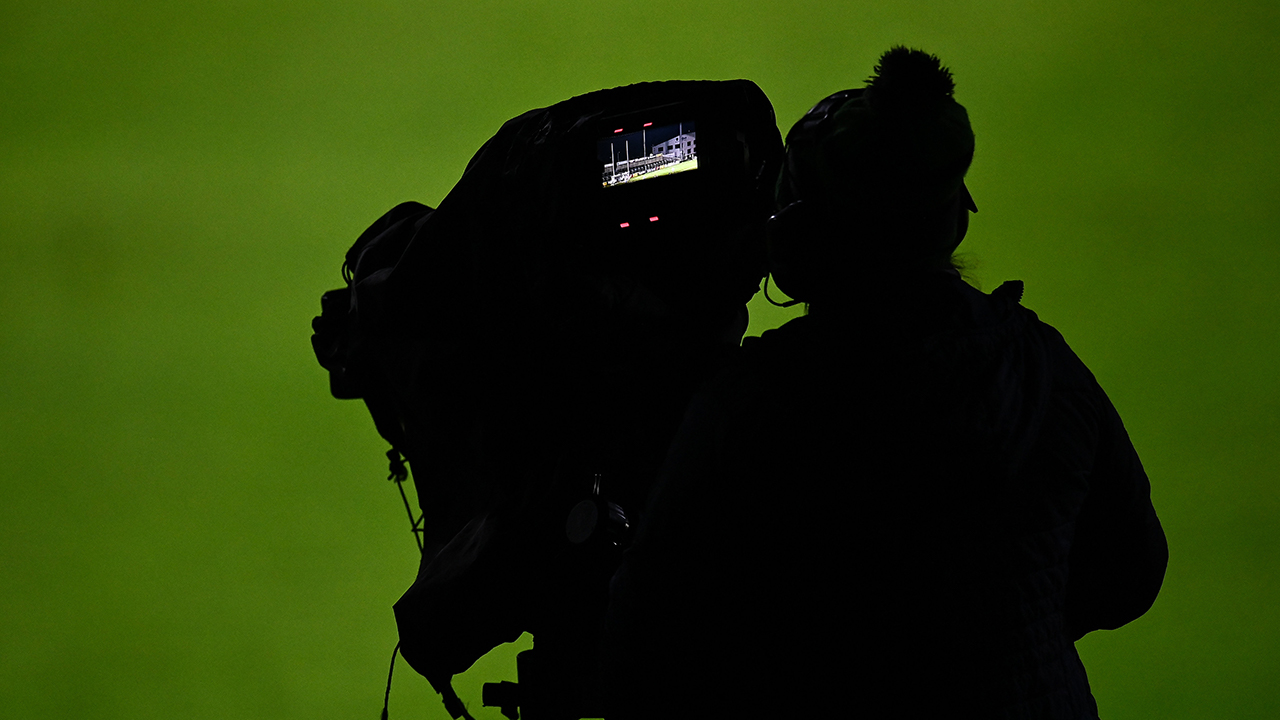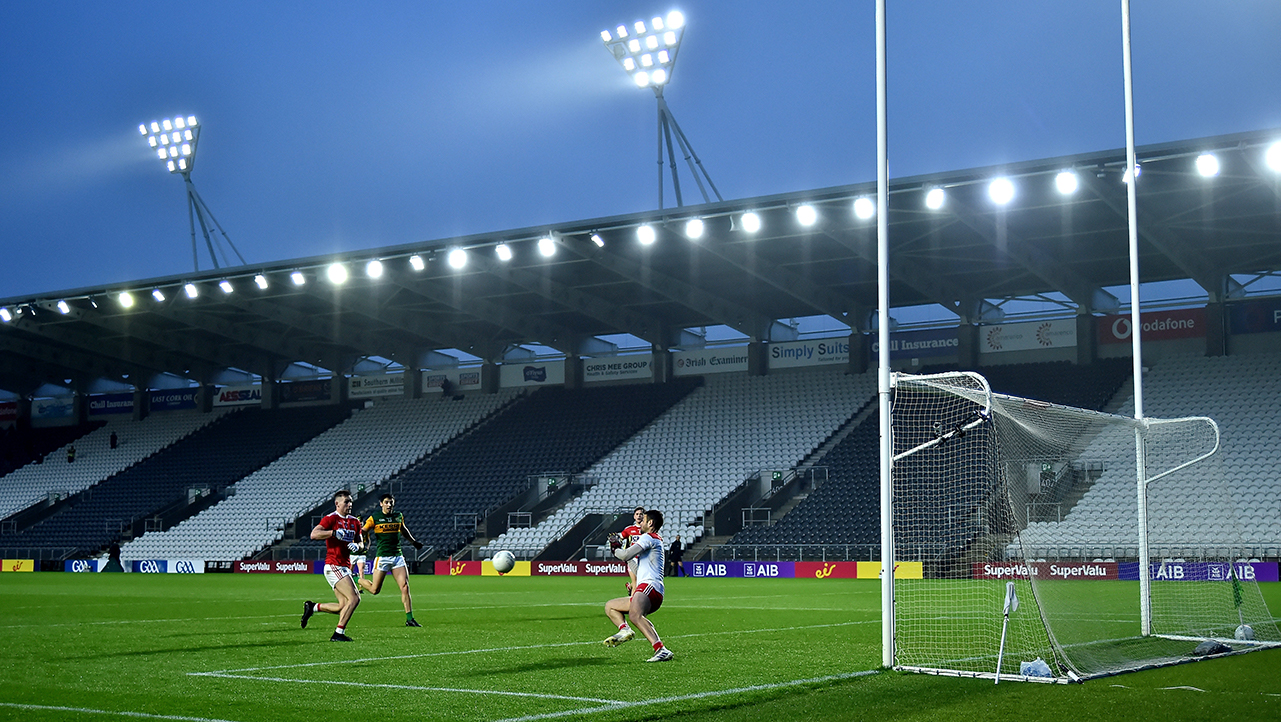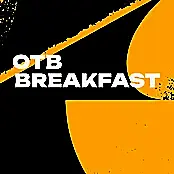In the first episode of OTB Sports' new show 'The Ball Game', market leaders talk about their experiences of the challenges facing the GAA during COVID-19.
In episode one, we look at the challenges and opportunities during the COVID-19 pandemic, particularly surrounding the broadcasting of the GAA.
Jill Downey, Managing Director of Core Sponsorship; Matt Mooney, Head of Digital and Innovation at AIB; and Noel Quinn, Senior Marketing and Media Rights Manager at the GAA spoke on the first episode.
After all sport was put on hold in March, Quinn feared that there would be no more GAA matches aired on Irish TV other than the classic clashes and reruns for the remainder of the year.
“I am paraphrasing when I say, ‘fear lies in the unknown’, but when we paused games on March 12th, we really didn’t know what 2020 held for us in the GAA,” Quinn said.
“We were looking like we were going to be staring down the barrel of continuous reruns and classic matches for 2020, which worked really well for a time, but there is nothing quite like live sport.
“It was fantastic that we were able to address the challenges when we got the green light from the government, NPHET and the HSE.
“It wasn’t without some difficult decisions to make in recent weeks.”
As a major sponsor of the GAA, AIB took the lockdown as an opportunity to see how they could promote Gaelic games when no matches were being played.
“For us, in terms of our work with the GAA, it was just to sit back and see what was going to be the most appropriate way to come out,” Mooney said.
“For us, it was to see how we could double down, because we knew that we needed to be a sponsor that was being present and actually demonstrating to our fans, our customers and the GAA that it is more than just the sport on the field that is important in the GAA.
“The community efforts and the work that the GAA does in the community became incredibly important to us.
“It was about being able to understand that while the game was not being played on the field, the community was still alive and kicking.
“The stories that were happening there were an amazing opportunity to show how beautiful the sport is and the people behind it.”
Mooney mentioned the incredible work that many GAA players and community members were doing to aid people during the first lockdown.
“I am a Dublin season ticket holder, it is rare that I have any sympathy for a Mayo GAA fan,” Mooney said.
“But David Brady and everything that he has done and the story we got to tell of what he was doing in lockdown was incredible.
“As a brand, that is our responsibility, to tell stories around the sport that we all love and try to elevate the sport above the players that are on the pitch.”
 A TV camera is seen during the Leinster GAA Football Senior Championship Quarter-Final match between Dublin and Westmeath at MW Hire O'Moore Park in Portlaoise, Laois. Photo by Harry Murphy/Sportsfile
A TV camera is seen during the Leinster GAA Football Senior Championship Quarter-Final match between Dublin and Westmeath at MW Hire O'Moore Park in Portlaoise, Laois. Photo by Harry Murphy/SportsfileBroadcasting winter GAA championships
When the government finally allowed for the return to play of elite sport like inter-county GAA championships, moves were immediately made to get as many matches as possible watchable.
“From a broadcast perspective, we pressed pause, and because of the backlog, we are definitely in unprecedented times here,” Quinn said.
“Unprecedented in terms of demand for access to broadcasts; given that crowds are no longer able to attend, broadcast is the only show in town.
“That leads into volume issues. For example, typically there are about 180-190 games on television very year for Gaelic games.
“You have 52 weeks of the year to run those off and schedule them.
“We have essentially looked to slot in 100 games within a 10-week period, so 20 weekend days. So, essentially half the yearly load within a fifth of the available calendar.”
The sheer number of matches being played in such a short time frame has been difficult to get around for broadcasters.
“That has been challenging, trying to get as much live television on screens as possible, secondary to that trying to get as much online only, and trying to make sure they don’t clash,” Quinn said.
“We are not the NBA, we cannot put players in hotels or put them in a bubble in Disney World; they are amateurs, so that comes with its own challenges.
“The CCCC have done their best to fixture according to a winter championship.”
In addition to the number of matches that need to be played, the GAA have had to ask a number of questions about the pitches being used.
 Micheál Martin of Cork makes a save from Brian Ó Beaglaíoch of Kerry during the Munster GAA Football Senior Championship Semi-Final match between Cork and Kerry at Páirc Uí Chaoimh in Cork. Photo by Brendan Moran/Sportsfile
Micheál Martin of Cork makes a save from Brian Ó Beaglaíoch of Kerry during the Munster GAA Football Senior Championship Semi-Final match between Cork and Kerry at Páirc Uí Chaoimh in Cork. Photo by Brendan Moran/SportsfileWinter football and hurling bring with them their own challenges both for broadcasters and players, as lighting and even the quality of the pitches could be an issue during a winter championship.
“Will that pitch stand up to scrutiny over a couple of days taking different teams,” Quinn said.
“What are facilities like in that venue for social distancing purposes, is there floodlights, is there not, are the floodlights good for broadcast purposes, are they not?
“The finishing the day protocol is a new consideration for us; extra time and penalties if darkness comes, is there floodlights there?
“Existing broadcaster contractual obligations as well need to be considered, and some of the broadcasters already have other sporting commitments.
“You are trying to get a massive jigsaw to fit together.”
Download the brand new OffTheBall App in the Play Store & App Store right now! We've got you covered!
Subscribe to OffTheBall's YouTube channel for more videos, like us on Facebook or follow us on Twitter for the latest sporting news and content.







